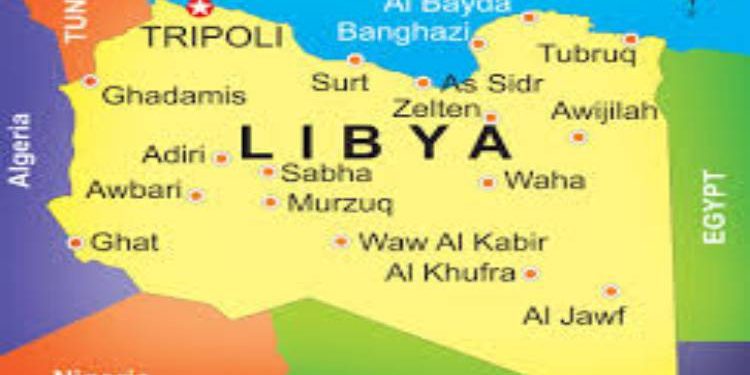Turkey has welcomed the announcement of a new prime minister to head a transitional unity government in Libya.
Ankara said “the opportunity” provided by the decision would help ensure “the territorial integrity and the political unity” of Libya.
Libyan delegates at UN-led talks outside Geneva on Friday chose Abdul Hamid Dbeibah, a previous head of the Libyan Investment and Development Company, as prime minister of a transitional unity government to take the war-ravaged country through to elections in December.
He was chosen along with a three-member presidency council to head a unity administration and steer the North African state towards the ballot box on December 24.
“We are delighted with the appointment of a Prime Minister and a Presidential Council following the elections carried out through the inter-Libyan dialogue,” the Turkish Foreign Ministry said in a statement.
Oil-rich Libya has been torn by civil war since a NATO-backed uprising led to the toppling and killing of dictator Muammar Ghadhafi in 2011.
Libya has been split between a Government of National Accord in Tripoli, and the eastern-based House of Representatives, backed by military leader Khalifa Haftar.
Friday’s decision is part of a complex UN-led process to build on a fragile ceasefire and end more than a decade of conflict.
Turkey has deployed troops in Libya under a military accord signed with the GNA which the Ankara parliament extended for 18 months in December.
During a videoconference in January, the interim US ambassador to the UN called on Turkey and Russia to withdraw their forces from Libya immediately.
Britain, China and France, fellow permanent members of the UN Security Council, also urged the withdrawal of foreign groups and mercenaries from Libya.
“Turkey will continue to offer the new executive its support for the holding of elections scheduled for the end of the year… and for the restoration of security in Libya,” the Turkish foreign ministry said.





